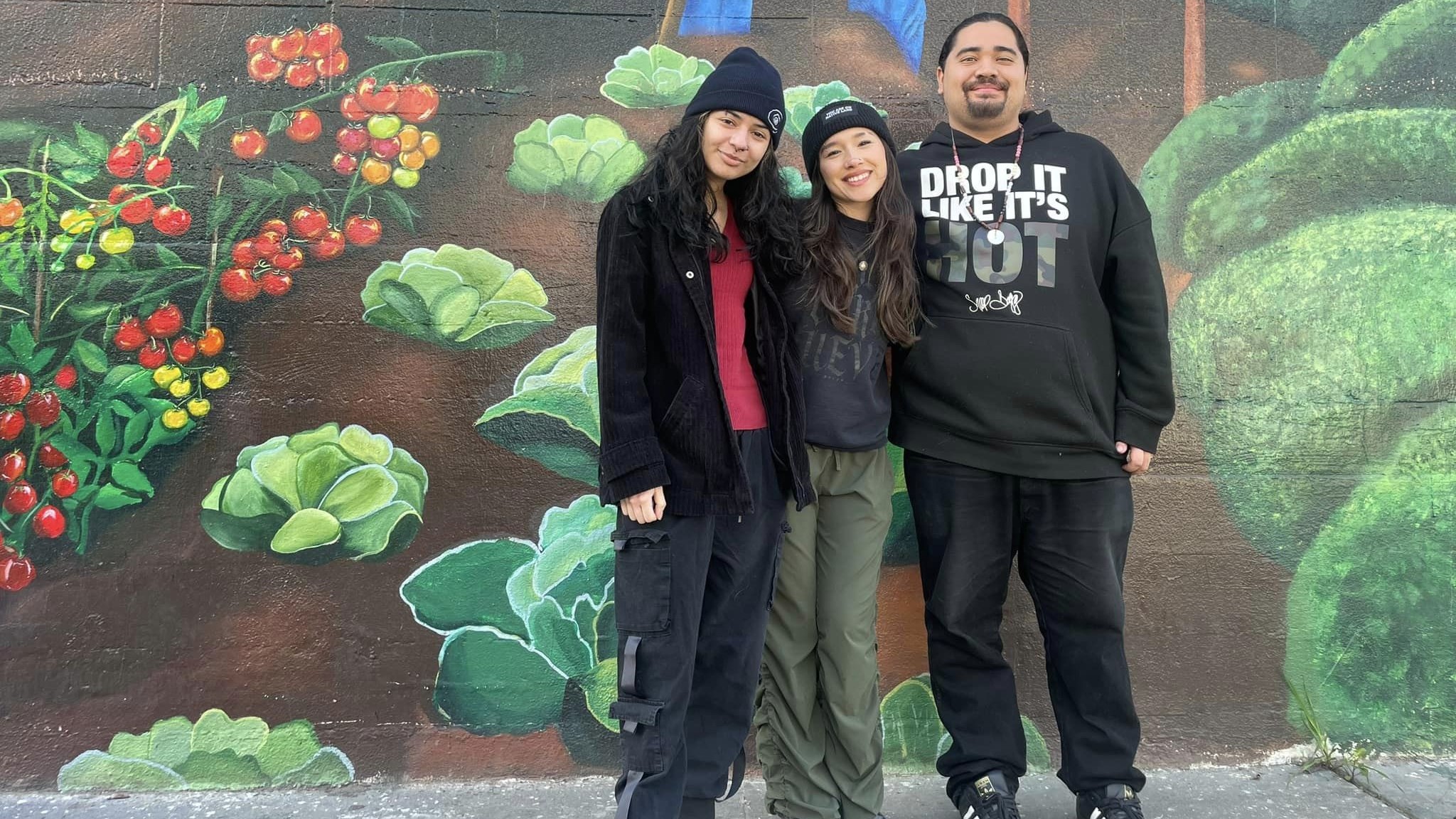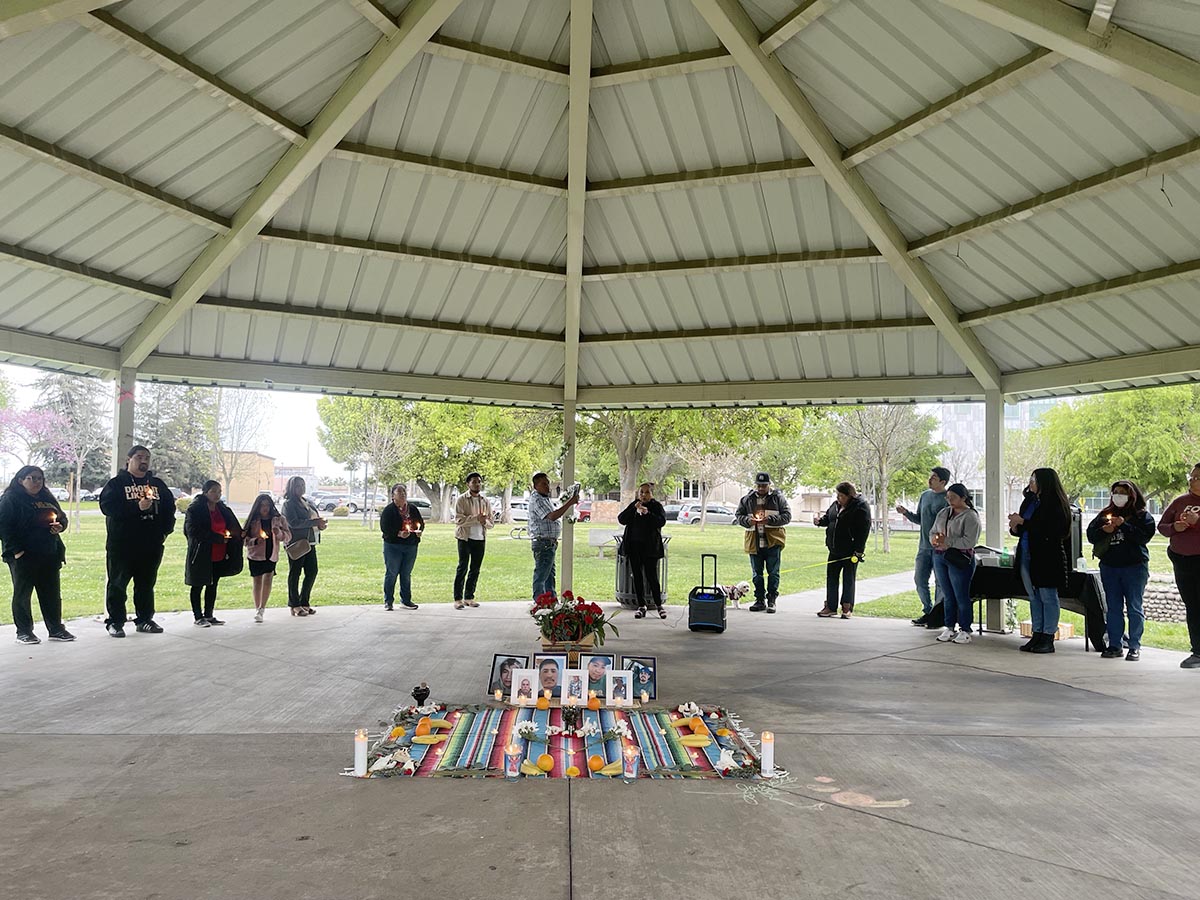2024 Actions and Activities
We dream that in California’s Central Valley, all people are respected, cultural diversity is valued, and communities live in a socially, racially, and economically just world.
PVI provides spaces where immigrants and refugees feel safe and welcome, learn from each other, reclaim their cultural rights, and build a sense of belonging and power for social change.
One Conversation in Many Languages
Una Conversación en Varias Lenguas
Ib qho Kev Sib Tham Muaj Ntau Yam Lus
محادثة واحدة بلغات متعددة
多くの言語での1つの会
JULY
The ArteVism Grand Finale
My Relationship With AMERICA
Saturday, July 13, 2024
6:00 p.m.
2026 Van Ness Ave.
Fresno, CA 93704
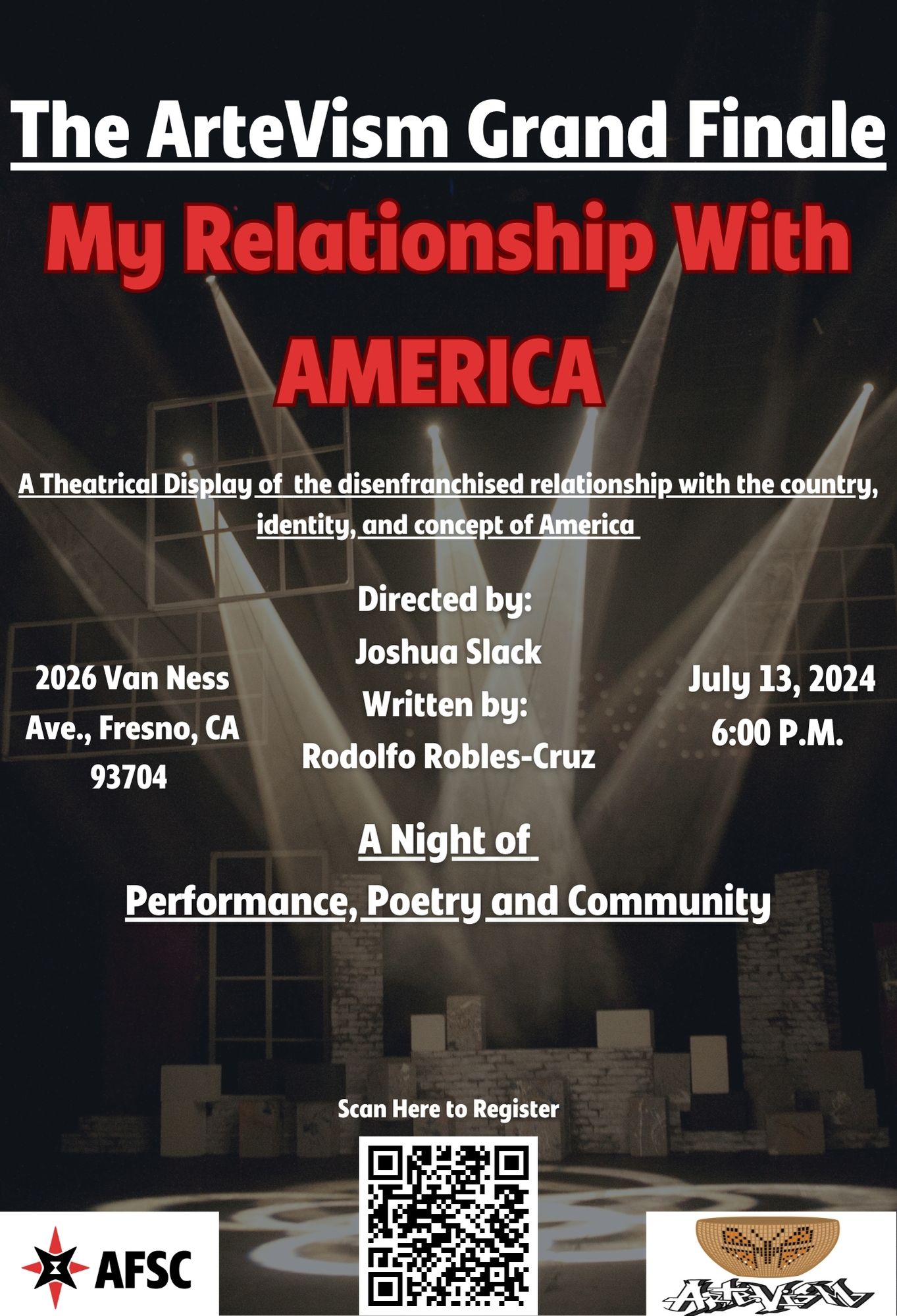
It is easy to overlook the presence of our local artists in our everyday lives. Here in the Central Valley, the arts are essential to our community. The Pan Valley Institute’s Artevism Cohort has spent this past year trying to find ways to describe and define our relationship to the America around us through art and activism. Through that search, we realize that we must reflect to see what is right in front of us. The ArteVism Interns and Fellow believe that the arts provide an essential means of gaining perspective, speaking up for those disenfranchised, uplifting the community, and being a reflection of what our community is facing. We must highlight our community’s creativity in the arts and encourage them to showcase their hard work and inspiration. We will close the four cohorts of the ArteVism Fellowship with the inauguration of a short theatre play that tells how youth of color struggle to find a rightful place in US history. Poetry, music, and other art and cultural expression forms will exist.
We cordially invite you to join us in showing appreciation and support for our community and spreading the word that Art and Activism are alive and well in the Central Valley.
“My Relationship with American, First Iteration”
An acto written by Rodolfo Robles Cruz in collaboration with the ArteVism 2024 Cohort and directed by Joshua D. Slack.
The Pan Valley Institute is proud to present an acto written by Rodolfo Robles Cruz. This theatre presentation is inspired by the work of Luis Valdez and a group of farmworkers who developed the actos to educate farmworkers about the need for a union and to defend workers’ rights. The Pan Valley Institute has developed a modern-day interpretation of the acto. Our presentation discusses marginalized racial groups and their relationship with America as a country, identity, and concept. After taking inspiration from the many stories, testimonies, and histories of the diverse ArteVism 2024 Cohort, Rodolfo Robles Cruz has written an acto encompassing the intersection of antagonism, frustration, and hope for the future.
MAY
Nu’u Yavi Celebrating Culinary Heritages
Friday, May 3, noon to 7 p.m
Madera Courthouse Park, 2010 W. Yosemite Ave., Madera
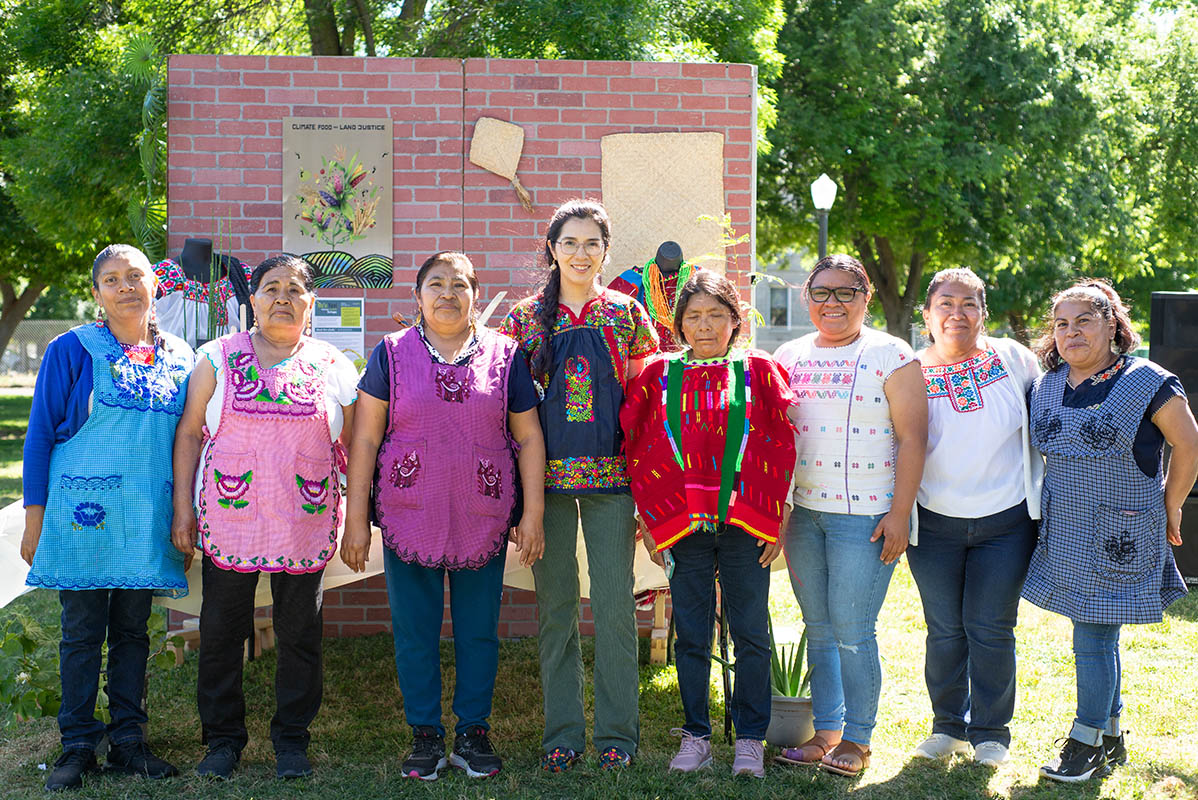
Nu’Yavi Cocineras Tradicionales –Photo Tudor Stanley
Coordinated by cultural organizer Rosa Hernandez, Nu’u Yavi, a Mixtec word that means plaza, will be a space where immigrant women of Madera will congregate and share traditional dishes from the Mixtec and Triqui regions of the state of Oaxaca, Mexico. Through an informal market, these women delight their neighboors with traditional flavors of home. Now, for the first time, the general public is invited to gather at the Nu’u Yavi to learn about and enjoy dishes with indigenous roots.
Nu’u Javi is also intended to:
- Recognize the preservation efforts of immigrant traditional cooks living in Madera;
- Honor their contribution so that ancestral food continues to be preserved and passed down to new generations;
- Provide a safe and accessible space for them to exhibit and share their knowledge of indigenous culinary arts and
- Increase the visibility of these women and open a market for their products beyond that of their communities of origin.
Meet the chefs who will be participating and the dishes they plan to provide:
Mireya Agustín López, originally from Santiago Juxtlahuaca, Oaxaca, will share pork pozole, chicken pozole, and chicken tamales in banana leaf. These dishes are one of the most traditional in Juxtlahuaca and are never missing on the day of the Nu’u Yavi. These dishes are made from natural corn and yellow chili, typical of the coast.
Ciria Arenas Cruz, originally from San Agustín Atenango, Oaxaca, will serve red and yellow chicken mole. Moles are typical of the Mixteca, especially their hometown, and combine dried chiles, sesame, garlic, and other ingredients.
Kenia Guzmán Paz, originally from Santiago Juxtlahuaca, Oaxaca, specializes in traditional desserts, including ticutas, chus, polvorones, and chilacayote empanadas. These desserts are characteristic of Juxtlahuaca. Kenia started making these delicious desserts in Madera in 2016 to offer flavors of Juxtlahuaca to her compatriots living in Madera.
Marcelina Bautista López, originally from San Martín Itunyoso, Oaxaca, specializes in mole tamales with chicken in corn husks, which are typical of her hometown. The tamales and their mole’s elaboration preserve ancestral practices.
Rosa Hernandez, originally from Santiago Juxtlahuaca, Oaxaca, will serve aguas frescas made from natural ingredients from chilacayote, hibiscus, horchata, watermelon, tamarind, and lemonade. In addition, her brand, Mole Viko, will be available. This mole is made and prepared with the most traditional ingredients of her hometown.
We hope you’ll attend, sample unique dishes, take some to go and learn about indigenous culinary arts.
The Colors of Migration Platica
Saturday, May 11, noon to 2 p.m.
Unitarian Universalist Church, 2672 E. Alluvial Ave., Fresno
The Colors of Migration. –Video by CMAC
This platica presents diverse migration experiences centering on those left out, excluded, or made to feel invisible.
In present times, the migration narrative is dominated by the idea of people fleeing their countries due to poverty and violence and coming to the U.S. in search of protection and a better life. While this idea encompasses a reality, migration is a more complex phenomenon. We tend to ignore the economic factors that have attracted workers to perform jobs essential to the U.S. economy. It is not only that migrants need to migrate, but it is also true that there are sectors of the capitalist economy that rely on the low-wage labor of migrants. Another critical aspect hidden in the migration narrative is the global and internal displacement of people due to wars and racist and imperialist policies.
The ArteVism 2024 cohort will share their stories of migration and displacement and how these experiences have shaped their identities as American citizens. They will highlight the impact of the secret war and the displacement of Native Americans, the effects of the African American experience, and the shaping of our country through the lens of the Great Migration. The Great Migration exposed elements of racial divisions and disparities, including housing discrimination. These components will allow for a discussion on how migration from one form of racial disparity can lead to other forms.
Josh’s Community Visit
Sunday, May 19, 9 a.m. to 3 p.m.
Lemoore High School Presentation Center, 101 E. Bush St., Lemoore
We will begin this community visit at the Sunday morning service at Philadelphia Outreach Ministries in Lemoore, where Josh Slack is the choir and music director and the pastor’s son. After the service, we will visit the old church building and hear from Pastor Kenneth L. Slack about the history and importance of the black church, its role as a form of resistance to oppression, its unique history with race in the Central Valley, and how the arts are used in worship, celebration, and expression. Josh’s mom will be serving us lunch at their home. We will conclude with a community tour of Lemoore.
Employment and Workers Rights Webinar
Tuesday, May 28
7 p.m. ET / 4 p.m. PT
Migration Justice Webinar Series: Employment and Worker Rights
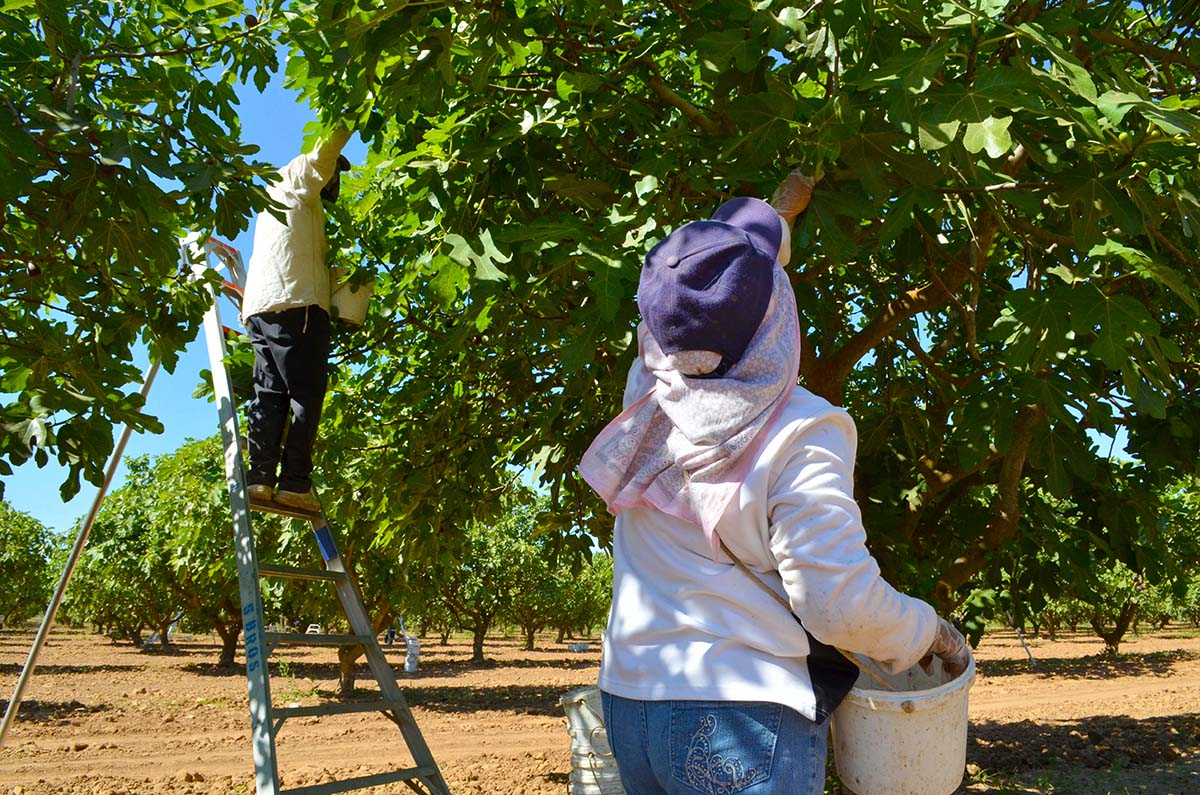
Harvesting Figs Workers Rights Webinar –Photo Eduardo Stanley
Protecting employment and worker rights for migrants (May 28, 7 p.m. ET / 4 p.m. PT): Join the next monthly webinar in our migration justice series. This month, we’ll hear from AFSC staff in Oregon and California about immigrant workers’ issues. We’ll also explore opportunities for advocacy to ensure all workers have access to labor protections. This webinar will be bilingual in English and Spanish.
Protección del empleo y los derechos laborales de los migrantes (28 de mayo, 7 p.m. ET / 4 p.m. PT): Únase al personal de AFSC de Oregón y del Valle Central en California para aprender sobre los problemas que enfrentan los trabajadores inmigrantes en varios sectores. Ofreceremos un análisis de las condiciones actuales y algunas ideas y oportunidades de incidencia para garantizar que todos los trabajadores puedan acceder a las protecciones laborales. Este seminario web será bilingüe en inglés y español.
APRIL
Earth Day Celebration
Friday, April 19, 6 to 9 p.m.
Fresno City College,
Old Administration East Courtyard
This Earth Day event will celebrate Native American art and the sharing of culture through drum circles, poetry, flute playing, beadwork, and painting. Other indigenous non-profits will also share in the celebration. This event will honor Native American and indigenous cultures by sharing customs like eating fried bread and traditional drumming. Please join us as we build relationships, share resources, and learn more about one another.
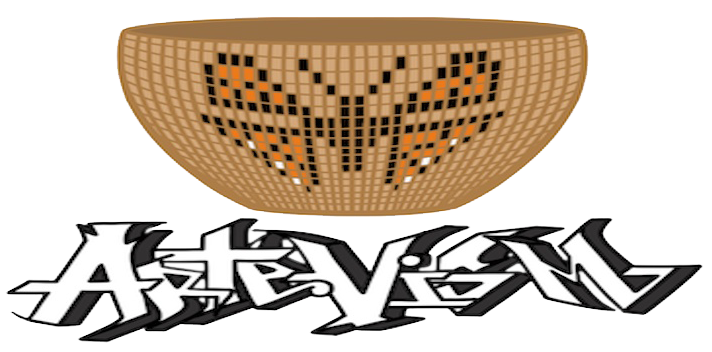
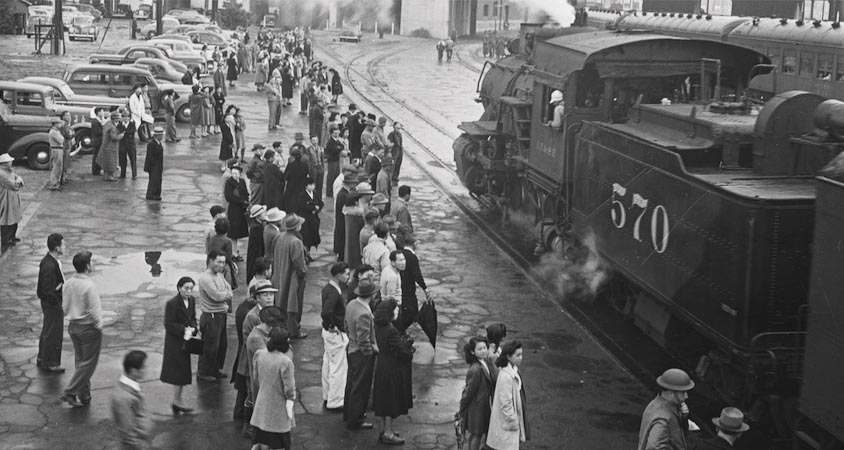
Japanese American Incarceration Panel with Marion Masada and Dale Ikeda
Friday, April 24, 12:30 to 1:45 p.m.
Fresno Community College, FH 101
Learn about the forced incarceration of Japanese Americans during World War II from the direct experience of Marion Masada, a survivor of America’s concentration camps. Marion will share stories of the trauma she endured as a pre-teen and teenager while imprisoned, as well as her family’s struggles to survive amidst rampant racism and discrimination in the years following their release. Judge Dale Ikeda, whose parents were incarcerated, will discuss the history and legacy of the forced removal and incarceration of Japanese Americans.
A reception sponsored by the San Joaquin Valley Media Alliance will immediately follow the panel in the new Social Justice Center, OAB 139.
Roundtable on Wheels: Getting to Know the Central Valley Bus Tour
Saturday, April 27, 8 a.m. to 3 p.m.
Madera Courthouse Park, 2010 W. Yosemite Ave., Madera
Registration is required for this event. 20 tickets available. Tickets: $100 general admission, $50 student admission
We’re thrilled to announce the return of the “Roundtable on Wheels: Getting to Know the Central Valley Bus Tour” on Saturday, April 27, a highlight of the National Encuentro Salt of the Earth: Cultivating Climate, Food, and Land Justice.
This interactive bus tour will take us to small-scale farms in Madera and Merced counties to gain hands-on experience and engage in conversations with immigrant and refugee small farmers. We will gain insight into the challenges and opportunities of small farming amid predominantly agro-industrial food production. We will hear about the future of family-run farms and the challenges of building a local market that values the growth of organic and small-scale produce. We’ll address concerns regarding climate change, access to land, and working capital.
In Madera, we will visit the Cruz Martinez Farm, owned by Teodora and Melecio Cruz, who migrated from Oaxaca to work as farm workers. The Cruz family carries a land-based ancestral knowledge and has lived in the Valley for 25 years. In the early 2000s, they started working with T and D Willey Farms, when their dream of starting their own organic farming business began. Like many organic and small farmers, their 14-year journey has been challenging but rewarding.
At the Cruz Martinez Farm, Luis Elizondo Perez will share about Madera’s Queen Honey, a venture the Elizondo Pérez family created in 2020. Rooted in California, the thriving bee community provides essential pollination services to local farmers and crafts an exquisite variety of bee-related products embodying nature’s pure essence.
In Merced County, we will visit Guzman and Sons Produce. They are located in Atwater, where a Mediterranean climate allows them to grow year-round. This family of farmers is committed to bringing fresh fruits and vegetables from the farm to the table. Guzman and Sons Produce is committed to becoming a permanent fixture in the community while dedicating their farm operation to a sustainable model of food production not only for their customers but also for themselves as farmers.
The tour will conclude with lunch at the Xiong Family Farm. The Xiong Family Farm started with two refugees’ dream to own a home. After years of searching, Chue and Soua purchased their home in the summer of 2010. It sat on a three-acre lot; from the start, they knew they wanted their land to provide for their family and community. They planted half an acre of strawberries that fall and opened a small farm stand the following spring. Various fruits and vegetables have been added over the years that are available to the public in spring and summer. Fifteen years on, Chue and Soua are incredibly proud of their home and the abundance they can share with their community. The Xiong Family Farm is located just outside Merced.
Bus tour participants should arrive at Madera Courthouse Park and park in the designated parking area on the morning of April 27. Please arrive in time to board the tour bus at 7:50 a.m. The tour will conclude back at Madera Courthouse Park at 3:10 p.m.
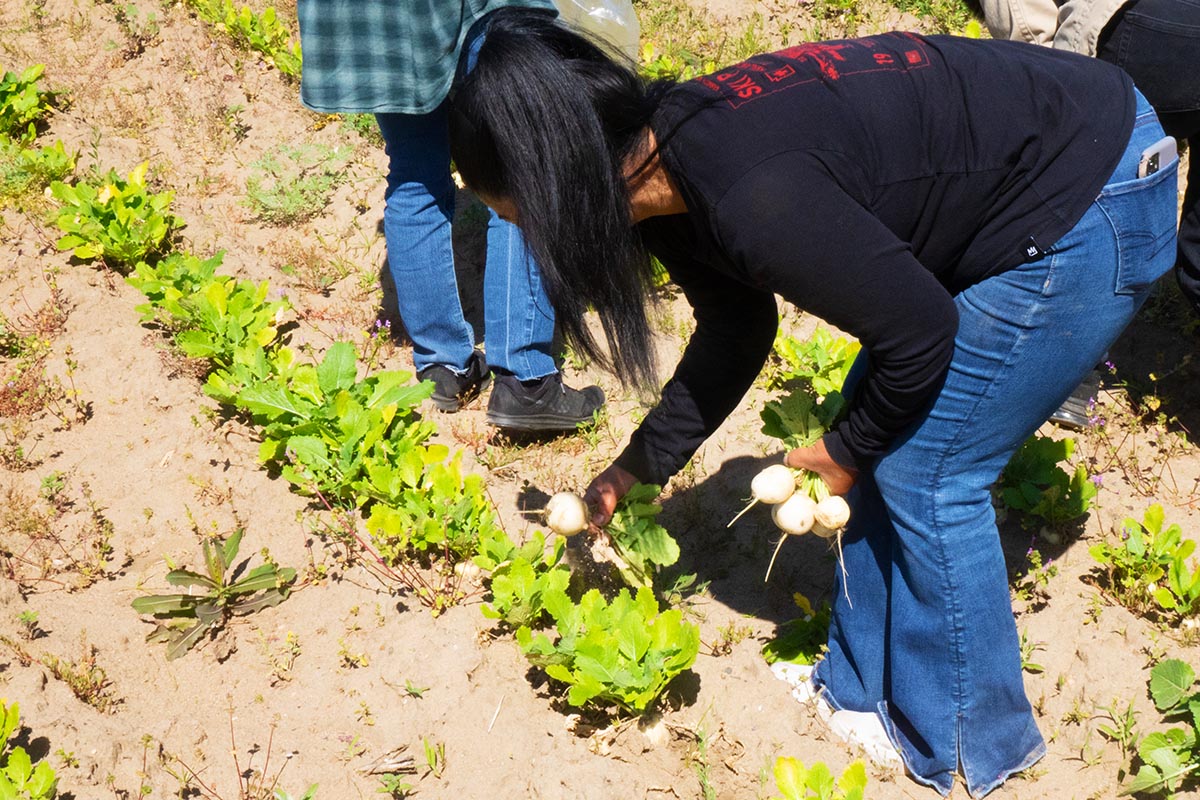
Harvesting at Roundtable On Wheels –Photo Eduardo Stanley
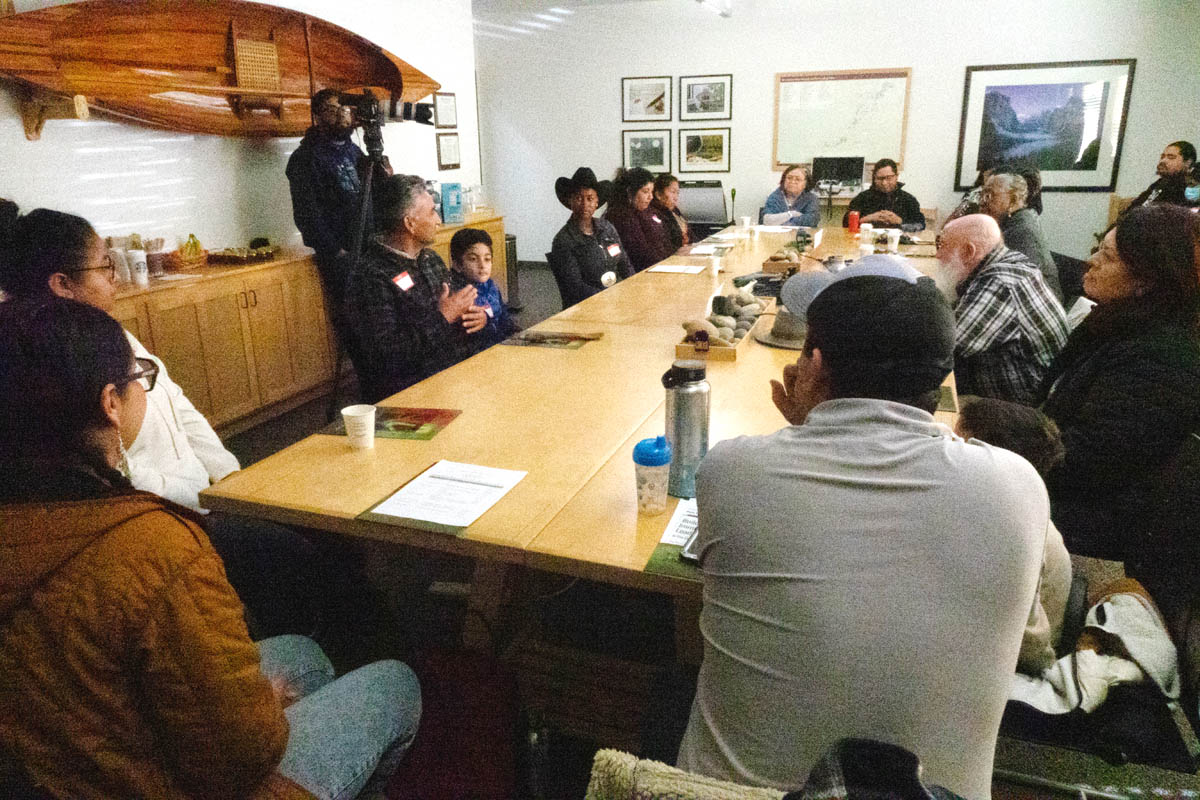
Small-scale farmers oral history circle – Photo Eduardo Stanley
Earlier this year, AFSC’s Pan Valley Institute (PVI) brought together 20 small-scale farmers, food entrepreneurs, and farm workers from the region for the “Sharing Land Stewardship Practices” story circle. The gathering is part of PVI’s mission to provide spaces where immigrants, refugees, and community members feel safe and welcome, learn from each other, and build a sense of belonging and power for social change.
Participants shared their accomplishments and challenges in food production during the story circle. They explored how they could support each other, promote sustainable environmental practices, and work together toward food and climate justice.
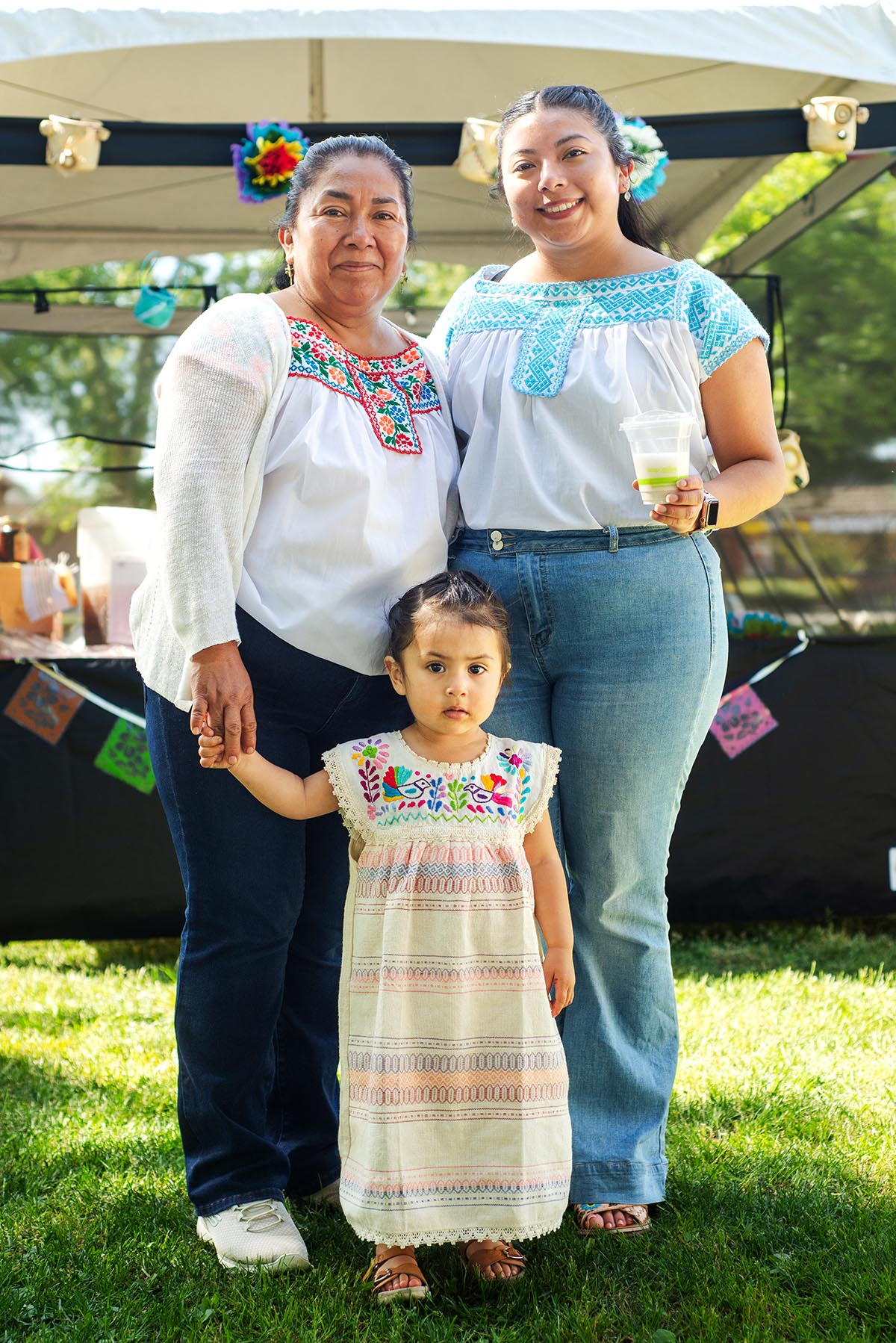
Rosa Hernandez with Daughter Citlali –Photo Tudor Stanley
Memorias del Sabor Radio Program KFCF FM 81.1
Tuesday, March 12, 7 p.m.
This March 12, we invite you to tune in to Nuestro Foro at KFCF. FM 88.1 at 7 p.m. In collaboration with the Pan Valley Institute of the American Friends Service Committee, Nuestro Foro will present Memorias del Sabor, a program dedicated to International Women’s Day, celebrated on March 8. We will discuss the role that women have played in the development of the culinary arts, the preservation and transmission of indigenous and traditional cooking practices, and the formation of cultural identities, flavors, and family memories.
Rosa Hernandez, a small indigenous food entrepreneur, will talk about why she has undertaken the mission of recreating and sharing the traditions of her Mixteco culture with a primary focus on the ancestral food of her homeland. The memory of the flavors of her land led her to rescue the recipe for mole and other Mixtec dishes that her mother and grandmother cooked. Raised in the Mexican countryside in an indigenous family, Rosa also developed a basic knowledge of the ancestral Mexican agriculture of the milpa. Rosa will share her concern about how the industrialization of food production has altered the original flavors of herbs, vegetables, and fruit and the impact of the change in food diets that have left traditional food aside.
Estela Galvan, coordinator of the Just and Diversify Economy Program at the Pan Valley Institute, will share the current activities under this program and those coming up.
Art Tour Merced Community Visit
Friday, March 22, noon to 3 p.m.
McNamara Park, Merced, CA
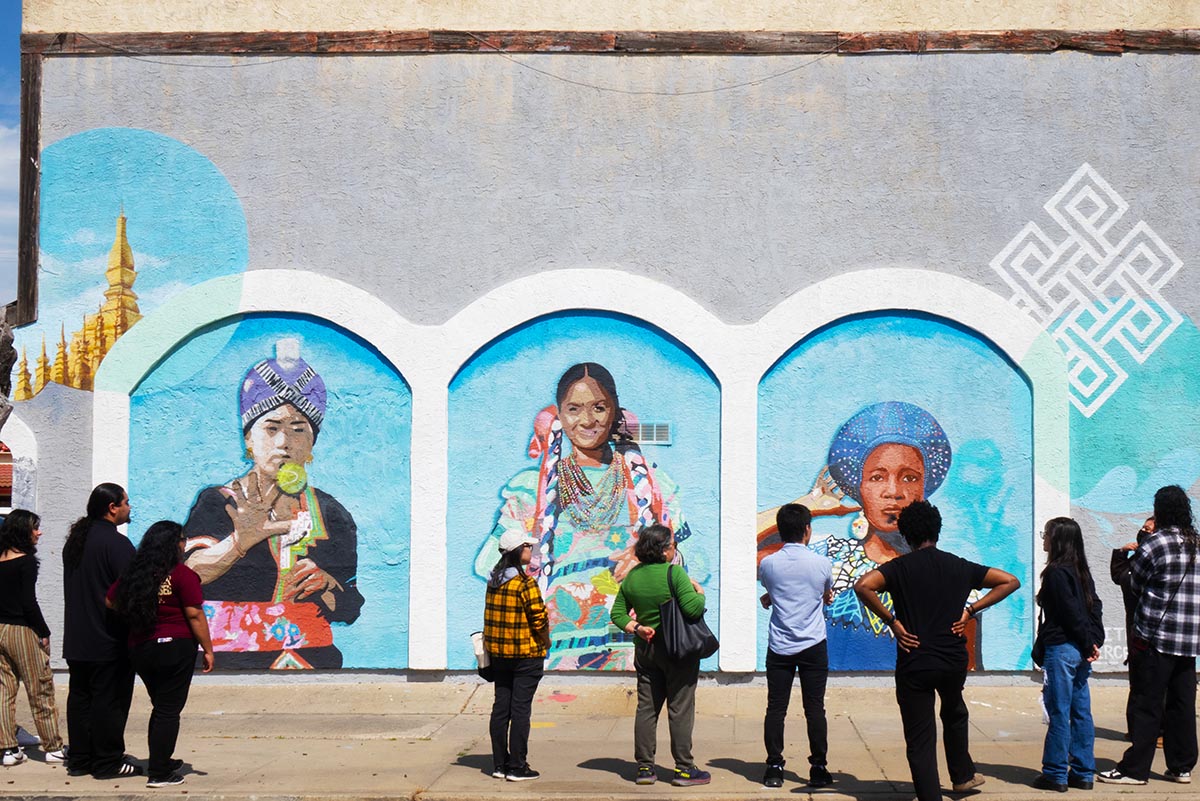
Art Tour Merced Local Artist Murals –Photo Joshua Slack

Art Tour Merced Local Artist Murals –Photo Joshua Slack
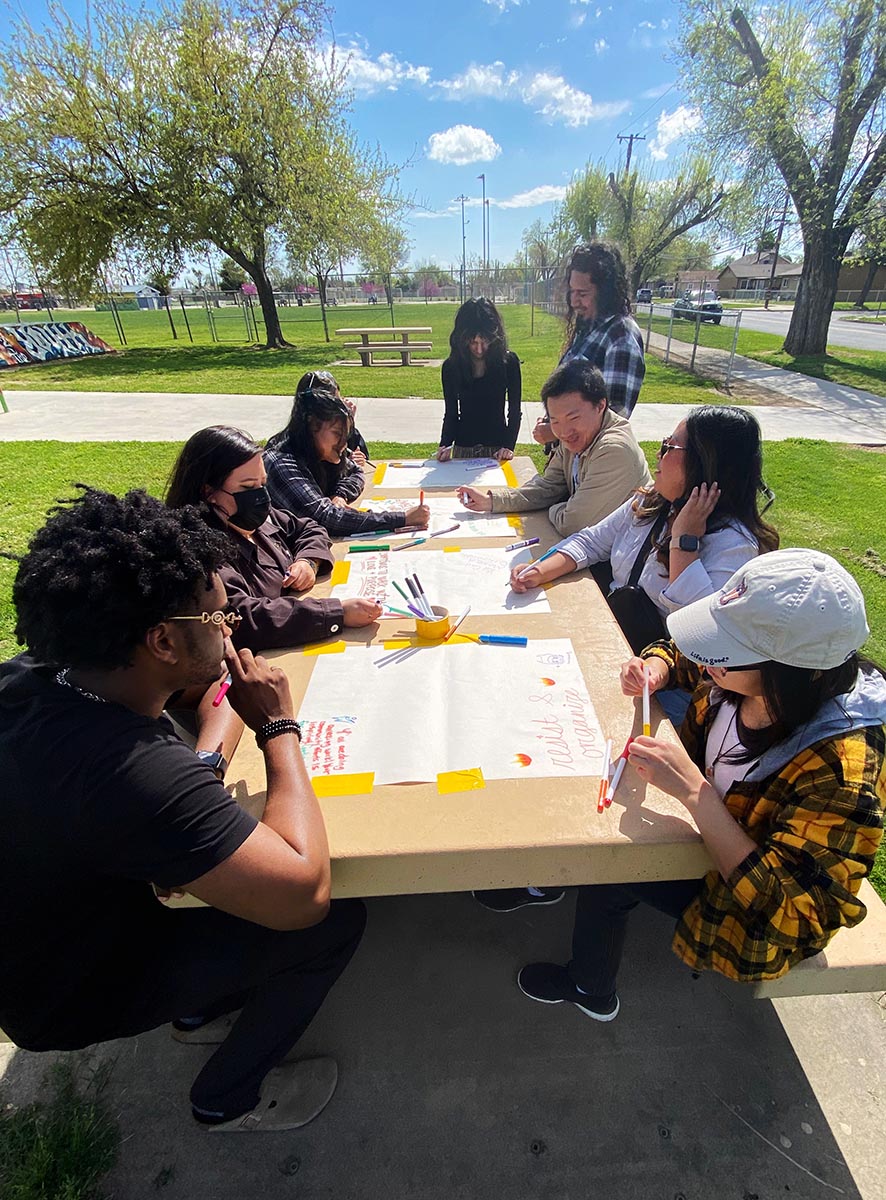
Art Tour Merced –Photo Joshua Slack
During this community visit, the ArteVism team and learning groups will see and explore public art like murals and hear from the local artists, organizers, and residents, sharing their experiences, stories, and perspectives of what it means to live in this community. We will learn more about the different contexts and conditions of Merced County, including the political landscape and power mapping of the geography. We will discuss opportunities to create more spaces for art and support the organizing efforts to uplift the needs and priorities of Merced community members.
Dismantling the Oppressor Mindset Training
by Cristina Angelica Piña
by Cristina Angelica Piña
Wednesday, March 27, 6 to 8 p.m.
San Joaquin River Parkway Ranch House Conference Room
The Dismantling Oppressor Mindsets Workshop is designed to serve as a steppingstone in centering the leadership of those most impacted by oppression, violence, and criminalization in the workplace. This workshop will be a collaborative and reflective space on the privileges and oppressions one carries and how this shows up in one’s leadership. The space invites vulnerability, radical candor, radical trust, and a grounding in our shared mission of creating freedom for all people. Specifically, this workshop will dive into a conversation of how race, gender, sexuality, class, ability, immigration status, and more play into one’s oppressor mindsets.
Cristina Angelica Piña is a powerful trans-Latina woman who leads with care, honesty, and a love for humanity. Her work is rooted in continuing the legacy of her ancestry, both immigrant and trans, who have fought and died for her to reside in the spaces she holds today. At the age of 19, Cristina founded Central Valley Scholars with a mission of creating accessible pathways toward higher education for historically oppressed communities in the Central Valley. Through this work, her organization became one of the only trans-woman-led organizations in the Valley, fundraising close to $1 million and serving over 7,000 students in five years. Retiring from this work in October 2023, Cristina is now centering on rest, healing, and discovering trans-joy. While what’s next is yet to be decided, Cristina has made it her life’s mission to create safe, welcoming, and affirming spaces for trans women of color in and beyond the Central Valley.
The AFSC Pan Valley Institute (PVI) stands in solidarity with the families of seven immigrant farmworkers and the driver killed in a car accident on February 23 on their way to work in the fields of Madera.
California’s Central Valley is one of the most productive agricultural regions in the country, providing over one-quarter of the food that feeds the U.S. population. Migrant workers have always been the backbone of the region’s agriculture industry.
“As I hear the news of this tragic accident, I can’t help but think that it could be my brother, uncle, neighbor, or grandfather because my family members are farmworkers,” said Minerva Mendoza, PVI program coordinator. “So much pain is felt throughout the Central Valley and beyond the border.”
Sadly, this tragic accident highlights once again the unsafe working conditions farmworkers are exposed to even now. Every year, headlines tell of workers’ accidents in the food production industry, such as pesticide exposure, herbicides, and water contamination. Climate change has exacerbated farm labor accidents, including deaths due to extreme heat, respiratory illnesses produced by fires, and overexposure to unsanitary living conditions caused by floods.
We must not wait until another tragedy reminds us that farmworkers are human beings and, as such, have families, dreams, and hopes for a dignified life.
We must remember that farmworkers were deemed essential during the pandemic and, as such, must be honored and protected from labor accidents.
We urge the agroindustry and policy-making leaders to continue advocating, enacting, and implementing legislation and working conditions that value the lives and prioritize the needs of farmworkers and their families.
We must protect our farmworkers and essential workers, especially as they live and work in our communities, and remember that the product of their labor feeds the entire world.
We demand safe and equitable working conditions in the fields, warehouses, and packing sheds, with fair and livable wages, affordable housing, food justice, and health care.
The Pan Valley Institute and our community partners are committed to protecting the rights of all marginalized communities in the Valley, including all farmworkers. We are committed to safe working and environmental conditions and protecting one another from any injustices around the world, notably those in our communities in the Central Valley.
We must unite with the farmworkers and their families during this difficult time.



